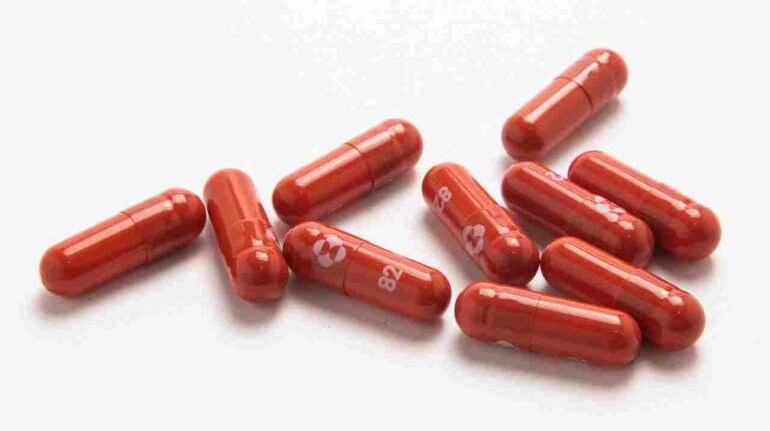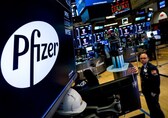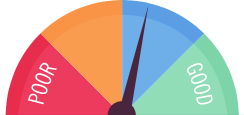US' FDA adds Merck pill as 2nd easy-to-use drug against COVID-19
The Food and Drug Administration authorization comes one day after the agency cleared a competing drug from Pfizer.
December 23, 2021 / 09:11 PM IST

An experimental COVID-19 treatment pill, called molnupiravir and being developed by Merck & Co Inc and Ridgeback Biotherapeutics LP. (Representative image: Reuters)
U.S. health regulators on Thursday authorized the second pill against COVID-19, providing another easy-to-use medication to battle the rising tide of omicron infections.
The Food and Drug Administration authorization comes one day after the agency cleared a competing drug from Pfizer. That pill is likely to become the first-choice treatment against the virus, thanks to its superior benefits and milder side effects.
ALSO READ: Pfizer pill becomes 1st US-authorised home COVID treatment
As a result, Merck's pill is expected to have a smaller role against the pandemic than predicted just a few weeks ago. Its ability to head off severe COVID-19 is much smaller than initially announced and the drug label will warn of serious safety issues, including the potential for birth defects.
The Food and Drug Administration authorized Mercks drug for adults with early symptoms of COVID-19 who face the highest risks of hospitalization, including older people and those with conditions like obesity and heart disease. The U.K. first authorized the pill in early November.
Known as molnupiravir, the Merck drug will carry a warning against use during pregnancy.
The restrictions were expected after an FDA advisory panel only narrowly endorsed the drug last month, warning that its use would have to be strictly tailored to patients who can benefit the most.
The Pfizer pill works differently and doesn't carry the same risks. Additionally, Pfizer's drug was roughly three times more effective in testing, reducing hospitalization and death by nearly 90% among high-risk patients, compared with 30% for Merck's.
Some experts question whether there will be much of a role for the Merck drug in the U.S.
To the extent that theres an ample supply of Pfizer's pill, I think it wont be used, said Dr. Gregory Poland of the Mayo Clinic, referring to the Merck drug. There would be no reason, given it has less efficacy and a higher risk of side effects.
For now, the FDA decision provides another potential option against the virus that has killed more than 800,000 Americans, even as health officials brace for record-setting cases, hospitalizations and deaths driven by the omicron variant. Antiviral pills, including Mercks, are expected to be effective against omicron because they dont target the spike protein where most of the variants worrisome mutations reside.
The FDA based its decision on results showing nearly 7% of patients taking the drug ended up in the hospital and one died at the end of 30 days. That compared with 10% of patients hospitalized who were taking the placebo and nine deaths.
Federal officials have agreed to purchase enough of the drug to treat 3.1 million people.
The U.S. will pay about $700 for each course of Mercks drug, which requires patients to take four pills twice a day for five days. A review by Harvard University and Kings College London estimated it costs about $18 to make each 40-pill course of treatment.
Mercks drug inserts tiny errors into the coronavirus genetic code to slow its reproduction. That genetic effect has raised concerns that the drug could cause mutations in human fetuses and even spur more virulent strains of the virus. But FDA scientists said the variant risk is largely theoretical because people take the drug for such a short period of time.
Discover the latest business news, Sensex, and Nifty updates. Obtain Personal Finance insights, tax queries, and expert opinions on Moneycontrol or download the Moneycontrol App to stay updated!












